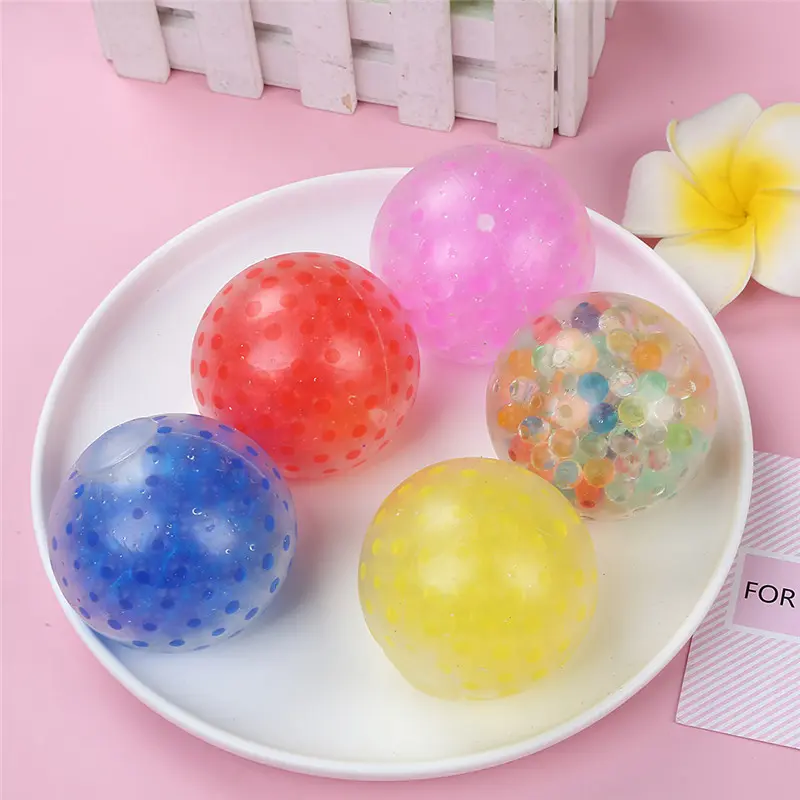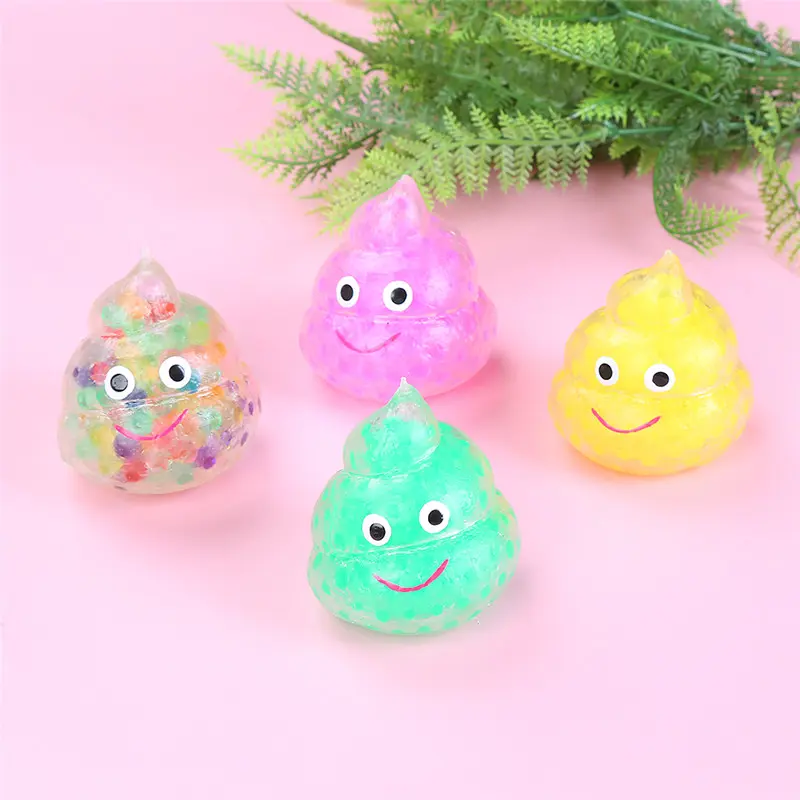How to Select a Reputable Stress-Relief Toy Factory
I. The Core Pain Points in Selecting a Stress-Relief Toy Export Factory: A Pitfall for 90% of Buyers
The global stress-relief toy market is projected to reach $7.8 billion in 2025, with China as the core producer, accounting for 32% of the global market. However, 37% of export disputes stem from mismatched factory capabilities. In the EU, 62% of goods returned for failing to meet EN71 chemical migration limits come from unqualified small factories. Customs clearance delays caused by the lack of ASTM certification in the US result in an average order loss of 30%. For independent sellers, choosing the right factory is not only a guarantee of quality control but also the cornerstone of cross-border competitiveness.
II. Four Golden Criteria for Selecting Reputable Factories
1. Qualification and Compliance: An Export “Passport,” Not an “Add-on”
Compliance is the first hurdle for stress-relief toys going global. The EU’s new Toy Material Safety Regulation, implemented in 2025, requires a 50% reduction in chemical migration limits. The added compliance costs amount to 8%-12% of the ex-factory price. Small and medium-sized enterprises are often forced out of the market due to their inability to afford testing and certification.
Key factors in screening: Mandatory certification (EU EN71/US ASTM), social compliance audits (BSCI), and quality management system certification (ISO) are required for the target market.
Xiao Taoqi Toy Factory’s practice: Since its establishment in 1998, the factory has obtained dual safety certifications (EN71 and ASTM) and BSCI factory audits. ISO international management system certification covers the entire production process. In anticipation of the new EU regulations in 2025, the factory completed the replacement of environmentally friendly TPE materials ahead of schedule. Through large-scale production, testing costs have been diluted to 3% of the ex-factory price, far below the industry average. Its core products, such as stress balls and plush balls, have experienced zero export compliance disputes for three consecutive years, making it a “free-from-inspection supplier” for European and American buyers.
2. Production Capabilities: Comprehensive Control from Production Capacity to Quality Control
Demand for stress-relieving toys fluctuates significantly seasonally (for example, holiday orders can surge threefold). A factory’s production capacity flexibility and quality control stability directly determine delivery cycles.
Key factors in selection include factory size (≥5,000 square meters), automation coverage (≥30%), quality control testing (≥3 full inspections), and emergency capacity reserves.
Xiao Taoqi Toy Factory’s Example: Located in the Yixi Toy Base in Yiwu, the 8,000-square-meter factory is equipped with a dedicated TPR soft-rubber production line. Over 100 skilled workers can produce 20,000 stress balls and 15,000 plush balls daily. Quality control involves three key steps: environmental testing of raw materials (heavy metal and phthalate screening), pressure testing during production (simulating 1,000 squeeze cycles without deformation), and sealing testing of finished product packaging. The defective rate is kept below 0.3%. During the 2024 Christmas season, by temporarily deploying two backup production lines, the delivery time for a European customer’s 100,000-piece order was reduced from 45 days to 28 days, far exceeding the industry average of 35 days.
3. Innovation and Customization: Core Competitiveness to Overcome Homogeneity
Global stress relief toys are evolving from traditional extrusion-based toys to intelligent and personalized ones. By 2025, intelligent stress relief toys accounted for 18% of the market, and customized products commanded a 40% premium over standard models.
Key factors for screening: Product iteration speed (≥1 product per month), customization responsiveness (sample cycle ≤7 days), and design team size (≥2 dedicated designers).
Little Naughty Toy Factory’s practice: A four-person design team (including two 3D designers) has been established, releasing an average of two new products per month. Their glittering plush ball series has been developed in eight sizes and over 20 animal designs. Their spray-painted bouncing balls, which use alternating red and blue light electronic components to achieve interactive stress relief, have become popular online in Europe and the United States. We support full customization, from materials (TPR soft rubber/eco-friendly silicone) to functions (lighting/sounding), with a sample cycle as short as three days. We once customized a “stress ball with a brand logo” for a cross-border e-commerce client, helping them achieve a 30% increase in repurchase rate.
4. Supply Chain and Service: The Invisible Guarantee of Cross-Border Trade
Export logistics and after-sales response directly impact capital turnover efficiency. As a global small commodity hub, Yiwu accounted for 27% of China’s toy exports in 2024. The China-Europe Express can deliver goods to core European cities in 18 days, making its geographical advantage a significant advantage for factories.
Key screening criteria: logistics partnership resources (whether they connect to dedicated cross-border lines), after-sales service (replacement time for damaged goods), and order visibility. Xiao Taoqi Toy Factory’s Practice: Leveraging Yiwu’s “market procurement trade” model, the factory has signed dedicated partnerships with three cross-border logistics providers, enabling direct delivery from factory shipment to port customs clearance within 72 hours to the EU. This reduces logistics costs by 12% compared to non-Yiwu factories. A 20-person pre-sales and after-sales team provides real-time tracking of order production progress. The damage rate for exported goods is below 0.5%, and the factory promises to ship replacements within 48 hours. When a Japanese customer’s goods were flooded by a typhoon, the factory restocked them within 72 hours, recovering the company’s peak season sales losses.
III. Yiwu’s Industrial Belt: Xiao Taoqi’s Innate Advantages
Yiwu houses over 60% of the world’s stress-relieving toy production capacity, forming a complete industrial chain from raw material supply to mold development. Leveraging this ecosystem, Xiao Taoqi Toy Factory achieves 8% lower raw material procurement costs than factories in the Pearl River Delta and shortens mold development cycles to 15 days. Through the Yiwu cross-border e-commerce public service platform, Xiao Taoqi Toy Factory can quickly process export tax rebates, improving capital recovery efficiency by 20%. This dual advantage of “factory strength + industrial belt dividend” makes it stand out among similar factories.
Post time: Oct-15-2025

